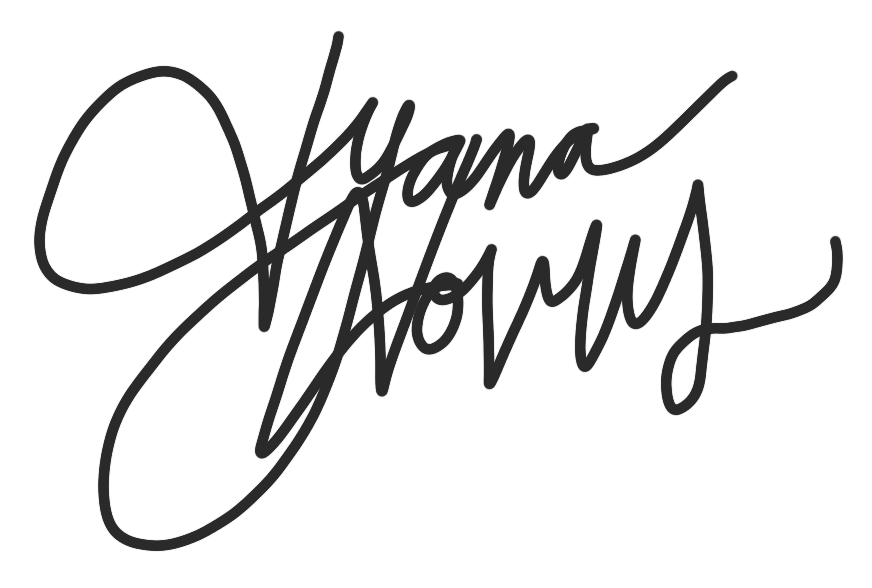Story Sermons: After Abuse, Get Comfortable Being Cast as Crazy
This series brings thoughts shared in my Instagram stories to the blog. If there’s a story rant you particularly respond to, DM me and let me know you’d like to see it here.
I've been thinking a lot about how it’s so common for men's violence to be either downright dismissed or downplayed in severity. And conversely how the woman or femme that's experiencing the violence, their reaction to that violence is often portrayed as a personality defect or to be a lot more dramatic than it is.
Also, when a woman or femme is reacting to a man's violence and there's another woman involved, the immediate assumption is jealousy instead of concern.
My initial thoughts on this are that men have more social currency when it comes to expressing anger and rage and violence. They have more liberty to do that.
They're expected to do that—for better or for worse.
There's also an inherent belief in patriarchy that tells men they’re owed the attention, labor, forgiveness, and access to women and femmes. That's cultural within patriarchy
As people who were socialized as girls, we’re molded by the discomfort of being perceived by men. The threat of their violence is baked into our development. So on a deep level we expect men’s violence—in many ways we’re desensitized to it.
As femmes in the situation, we carry the enormous weight of experiencing men's violence while being expected overtly or covertly to sit quietly and pretty and take it.
If we don't, if we have a reaction, we are demonized and cast as being jealous, psychotic, crazy, overly emotional.
Even when the reaction is logical and justified, it’s portrayed as an overly dramatic display of mental illness.
We are harmed by incompetence yet cast as the incompetent one because we're reacting to incompetence.
Can we make it make sense?
This is how it makes sense.
This is the love affair of supremacy culture and patriarchy.
I gave a talk about this in the past about how when you experience abuse, you suffer if you talk about it, and you suffer if you don't. Which suffering do you want?
The the annoying thing being in this position is having the intelligence to see what is going on and knowing that there's nothing I can do about it because this is the society we live in.
The reality is that we as the people who have experienced this form of violence, we either have to get comfortable being cast as the jealous, crazy, psychotic, fill-in-the-blank with whatever the judgment you have about how we're blowing out of proportion something that “wasn't that bad”—because nobody has any idea what actually happened.
We either have to get comfortable with recognizing that anyone who has contact to both sides of the dynamic, at some point, in some way, this will very likely be their perspective unless they've lived through something similar.
We have to get comfortable being perceived as ‘jealous’ and ‘crazy’ or we hold the suffering in silence.
Sure, there’s therapy and close friends. But there are also community gatherings and unexpected run-ins with the abuser in the situation.
There’s only so much we, the one’s who’ve been abused, can hold.
The issue here is systemic and cultural and interpersonal.
It's layered.
We can't change the system without changing the interpersonal.
One interpersonal dynamic doesn't change the entire system, but the system cannot change without those interpersonal dynamics changing.
Even as bystanders, we all participate in these dynamics.



